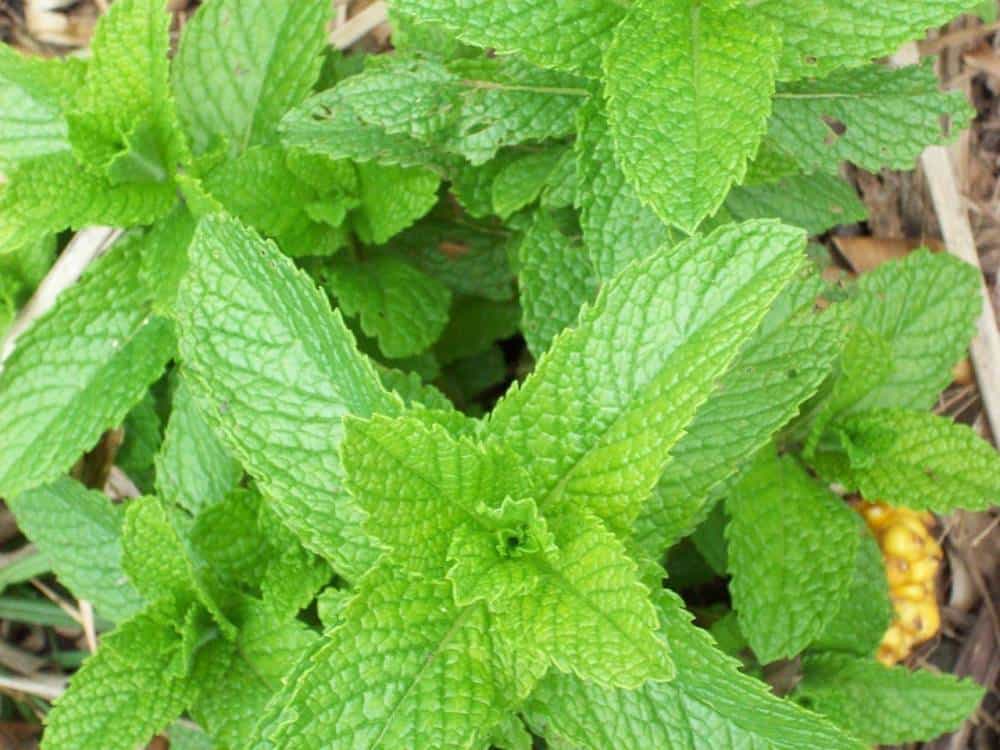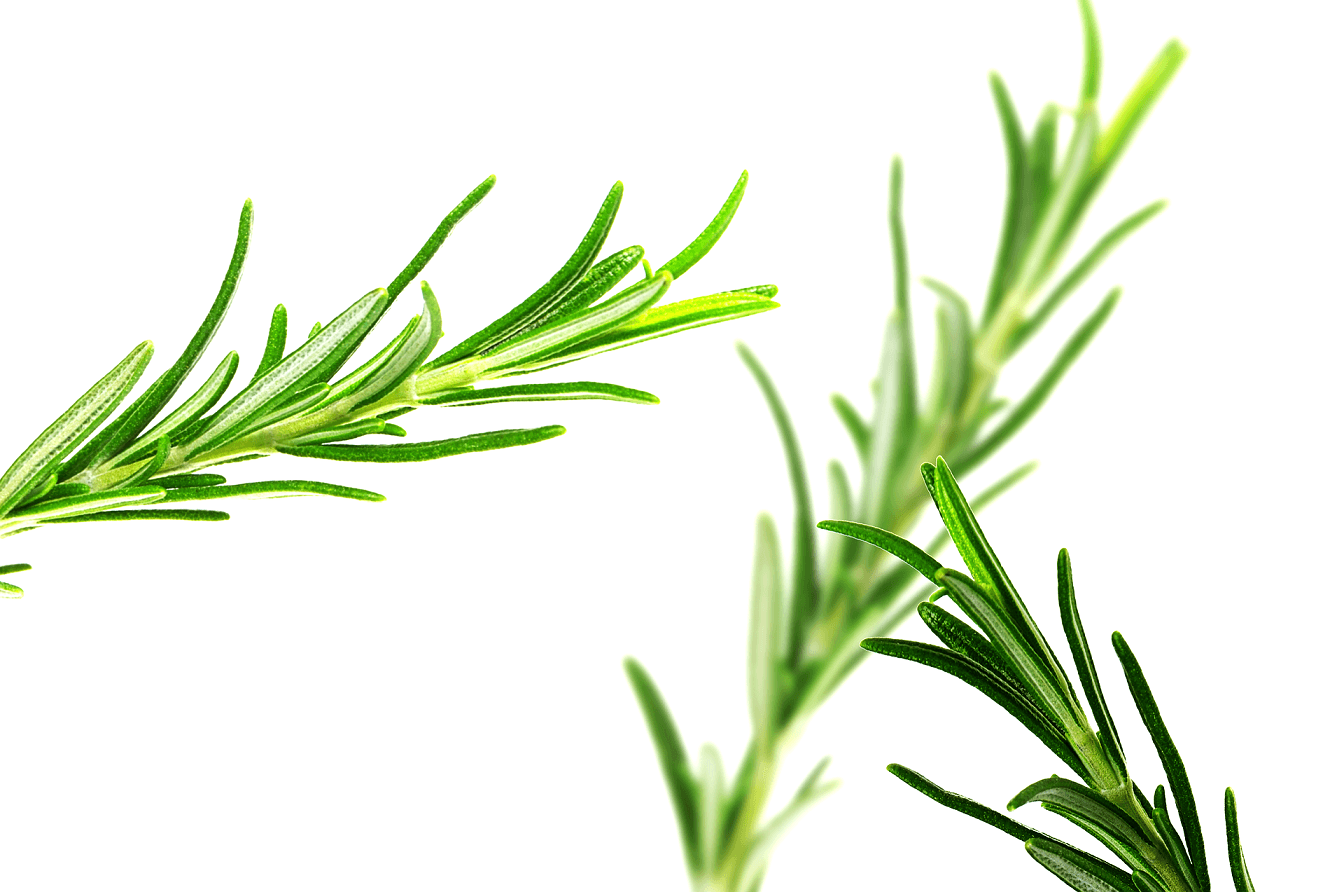
You’ll be lucky to get through Fall and Winter without catching a sore throat or cough. People are quick to reach for antibiotics when they first notice symptoms.
Most often, antibiotics are completely useless as the sore throat and cough are caused by a virus, not bacteria. Meanwhile, unnecessary exposure to antibiotics makes nasty bacteria more resilient and harder to cure when they do infect.
Why not try something natural instead? I’m not saying to avoid your doctor, but if your symptoms are mild, essential oils might just do the job. Read on to find out the science behind the best essential oils for sore throat and cough.
What Causes Sore Throat and Cough?
There are many different causes for a sore throat and cough. Luckily, unlike with antibiotics, the exact cause doesn’t matter so much when you are treating it with essential oils.

Still, it can be good to know what you’re up against. Here are some of the most common causes of sore throat and cough.
The Common Cold
A sore throat will often appear as the first symptom of common cold infection. A few days later, you will get a blocked or runny nose and start to cough. (source)
The common cold is a virus, so there’s no point taking antibiotics. The best cure is to rest but essential oils may help to speed up recovery.
The Flu
Like the common cold, the flu is another virus. Symptoms are much more severe than when you’ve caught a cold.
Along with a cough and sore throat, you will have a fever, muscle pain, headache and chills.
Strep Throat
“Strep throat” is a bacterial infection of the throat. The type of bacteria involved is called “Streptococcus”, hence the name.
Strep throat symptoms are more severe than with a cold, you’ll have swollen glands and find it difficult to swallow.In this case, antibiotics might be necessary, so it’s best to see a doctor. You can use essential oils alongside conventional treatment for improved results.
Tonsillitis
Tonsillitis is caused by infection of the tonsils, however it also causes a sore throat. It can be caused by bacteria or a virus.
You may also have a runny or blocked nose and notice swelling or white spots on your tonsils. (source)
How Can Essential Oils Help With Sore Throat and Cough?
You may wonder how can essential oils help with a sore throat and cough. Well, there are quite a few things they can do.
Essential Oils Fight Infection
First of all, many essential oils have antimicrobial properties. This means that they can directly kill the bacteria or viruses in your body that are making you sick.
In addition, some research has suggested that a small number of essential oils have the ability to enhance our immune response.
In addition to killing bacteria themselves, these essential oils activate our body’s immune cells, helping you fight infection more efficiently. Pretty impressive, huh?
Anti-inflammatory and Analgesic Essential Oils
Some essential oils have active components which ease the inflammation and pain of a sore throat. Just like you can take an anti-inflammatory or painkilling tablet, you can choose a suitable oil for the same effect.
Essential Oil “Expectorants”
Some essential oils claim to have an “expectorant” effect. This means they help to clear nasal and respiratory system of mucus.
They can do this by making the consistency of the mucus thinner or by helping your body to eliminate the mucus when you cough. Less mucus will help you to breath deep and clear, rather than coughing repeatedly.
The Best Essential Oils for Sore Throat and Cough
1. Eucalyptus Essential Oil
If you have any sort of infection, pain or inflammation – eucalyptus oil is one of the top oils to treat all of these. Firstly, it contains chemicals that have activity against bacteria and viruses.

One study (source) examined the effects of 8 different types of eucalyptus oil on microbes commonly responsible for respiratory illness e.g. H. influenzae and S. pneumoniae.
All of the varieties of eucalyptus oil had antiviral and antibacterial effects. Eucalyptus odorata and Eucalyptus bicostata gave the best results.
Eucalyptus oil in combination with three other essential oils helped respiratory cells clear mucus. (source) This hasn’t been tested in humans yet but it’s a promising finding.
Eucalyptus also eases pain and inflammation. (source) A study investigated the effects of eucalyptus oil inhalation on after knee surgery. A significant reduction in pain was observed. (source)
Finally, eucalyptus oil has the power to enhance your body’s immune response. It’s theorised that eucalyptus oil activates a type of white blood cell that literally eats invading bacteria and viruses. (source)
You can buy eucalyptus essential oil on Amazon here.
2. Anise Essential Oil
Anise or aniseed essential oil has antibacterial and expectorant properties, making it a great choice for sore throat and cough due to strep infection.

One study tested anise essential oil in combination with conventional treatments for Streptococcus pneumoniae infection. The result was a synergistic effect with 4 antibiotics.
Natural remedies don’t mean turning your back on conventional treatments. As in this example, sometimes they can work together to bring you back to health.
You can buy anise essential oil on Amazon here.
3. Thyme Essential Oil
Thyme essential oil is a powerful anti-inflammatory. One of its main components – called “carvacol” – works in a similar manner to many conventional drugs. In plain english, carvacol blocks signals involved in inflammation. (source)

Another study showed that thyme oil decreased inflammatory signals associated with infection in acne. (source)
That’s not all. In a test of 12 essential oils against various nasty bacterial, thyme oil came out on top. In a second study thyme oil came second to oregano which is well-known as a natural antibiotic.
You can buy thyme essential oil on Amazon here.
4. Citrus Essential Oils
Various essential oils from the citrus family can be useful in treating sore throat and cough.

Lemon essential oil may help to clear mucus from the nasal and sinus regions. (source)
Bitter orange or neroli essential oil can kill bacteria and fungus. (source) One study said that it’s effects were comparable to a conventional antifungal drug.
Grapefruit essential oil also has potent antibacterial properties. (source)
5. Fennel Essential Oil
Like thyme oil, fennel oil contains carvacol which is a potent anti-inflammatory agent. (source) Fennel oil is also an expectorant (source) and can kill bacteria such as salmonella thanks to the compound anethole. (source)

You can buy fennel essential oil on Amazon here.
6. Peppermint Essential Oil
Peppermint oil has a cooling effect which, much like applying an ice pack, relieves pain and moderates inflammation. One study showed that applying it to the skin eased nerve pain. (source)

Peppermint oil may be a good side-effect free alternative to conventional painkillers and anti-inflammatory tablets. (source)
Peppermint can also fight infection. It has been useful in oral care to treat plaque and gingivitis. (source)
You can buy peppermint essential oil on Amazon here.
7. Rosemary Essential Oil
Rosemary essential oil is said to be useful as an expectorant, painkiller and anti-inflammatory. This makes it an obvious choice for sore throat and cough.

One study tested rosemary essential oil on lab rodents. The results showed a significant reduction in inflammation and pain.
You can buy rosemary essential oil on Amazon here.
8. Lemongrass Essential Oil
Lemongrass contains two compound called “citral” and “geranial” which are responsible for most of its medicinal properties.

Lemongrass essential oil interacts with our body’s immune signals to decrease inflammation. It may also be useful in treating allergies. (source)
Lemongrass is also an extremely potent antimicrobial. In one study, it outperformed chlorhexidine, a popular antiseptic used in hospitals.
You can buy lemongrass essential oil on Amazon here.
9. Other Useful Essential Oils
There are many other useful essential oils that may have antimicrobial, anti inflammatory or pain relief powers.

Some others to try out are clove oil, cinnamon oil, pine oil, oregano oil, lavender oil and tea tree oil.
How to Use Essential Oils for Sore Throat and Cough
For starters, the first thing I do when any member of the household starts noticing a sore throat or cough is to get out my aromatherapy diffuser. I have it on most of the time anyway but when someone gets sick I use it with an antimicrobial oil.
You mustn’t forget that most of the illnesses causing sore throat and cough are highly contagious. Having some essential oils in the air will hopefully kill the bacteria or virus particles before they have a chance to do more harm.
As for treating the sore throat and cough in those who have already caught it – there are several different methods to choose from. Most of them use steam to carry essential oils to the throat and respiratory system.
Steam Inhalation
I find the steam inhalation method most effective when I have any type of congestion – cold, flu or sore throat.
I use it for my kids too, now that they’re old enough not to scald themselves with the hot water.
- Fill a large bowl with hot, steaming water (be careful not to burn yourself!)
- Add a few drops of essential oil and stir to incorporate.
- Put your head over the bowl and put a towel over your head and the bowl to prevent the steam from escaping.
- Inhale the steam deeply for as long as you feel comfortable (up to 30 minutes). You can top up the bowl with hot water if needed.
Essential Oil Bath
If you have time, taking a bath with a few drops of essential oil can also help with cough and sore throat. If the bath is hot enough, steam will carry the essential oil vapour into your respiratory system.
Overnight Vapor Release
If your cough is keeping you up at night, try putting a diffuser in your bedroom with eucalyptus oil and leave it on all day.
If you’re using an aromatherapy burner, don’t leave it lit overnight. Instead, leave a small bowl with some essential oil beside your bed, it will slowly release vapour all night.
Essential Oil Rub
You can buy natural “vapour rubs” in the pharmacy to treat cough and congestion, but I like to make my own. Simply take some vaseline and add essential oil (1 drop essential oil to one teaspoon vaseline).
Massage this into your chest at night or even during the day. Just make sure to wear an undershirt as the vaseline can stain.
Essential Oil Compress
I don’t know why this works, but I’ve had good results. Add a few drops of essential oil to a bowl of hot water. Soak a small cloth in this mixture and squeeze it until it’s just damp.
Apply this hot compress to the front of your neck to relieve sore throat. Most of the effect is probably from the heat but some vapour will be inhaled too.
Essential Oil Necklace
To ward off nasty bugs when you’re out and about, use an essential oil necklace with eucalyptus.
It gradually releases vapour throughout the day and is more socially acceptable than bringing a diffuser into the office. I’ve bought these for some of my friends – they’re not just pretty but useful too.
Essential Oils vs Conventional Treatment
Ok, so now you understand how essential oils can help with a sore throat or cough, but why choose them over conventional treatments?
What I love about natural remedies is their holistic nature. What I mean is that they look at the bigger picture rather than curing individual symptoms.
Sure, if your throat is extremely painful and you can’t stop coughing, you can probably take a pill and feel great. You might even carry on with work but end up feeling worse once it wears off. This is because you’ve over-exerted yourself instead of taking time out to heal.

Treating yourself with essential oils often forces you take time out of your busy day to relax and focus on your body. Instead of 30 seconds to pop a pill, you take 30 minutes to do a facial steam or rub.
Essential oils are also free of side effects when used correctly. Antibiotics can cause digestive upset and wipe out your body’s “good” bacteria.
Painkillers and anti-inflammatory tablets can give you stomach ulcers. I’m not telling you to avoid mainstream medicine, but if I can relieve my symptoms with essential oils, I turn to that as my first option.
Cautions
There are certain cases where you will need to see a doctor rather than treating your sore throat or cough with essential oils. If you don’t notice any improvement after 3-5 days, you may need antibiotics.
If you notice some of the following symptoms, it’s best to see a doctor too:
- Nausea or vomiting
- Earache
- High fever (101°F/38.3°C or above)
- Neck stiffness
- Swollen glands
- Skin rash
- Painful joints
- Shortness of breath
- Symptoms lasting longer than 10 days or getting worse after 7 days
(source)
Not all essential oils are suitable for everybody. If you are pregnant, have an ongoing health condition or take a prescription medicine, check with a healthcare professional before using essential oils.
Many essential oils can cause irritation when applied to the skin undiluted. Always use a carrier oil (e.g. coconut oil, jojoba oil, sweet almond oil) before applying an essential oil to your skin.
The best ratio for essential oil dilution is 1 drop of essential oil in 1 tablespoon of carrier oil.
Always look for high quality essential oils from reputable sources – there are fakes out there. Not only will a fake oil not produce any health benefits, it may cause irritation or allergic reaction.
Conclusion
I hope this article will help you when choosing the best essential oils for sore throat and cough. The evidence for many of the essential oils I’ve discussed is pretty impressive, don’t you agree?
Whether you choose to use essential oils alone or along with conventional medicines, I think it’s a great idea and highly recommend it.
Leave a comment